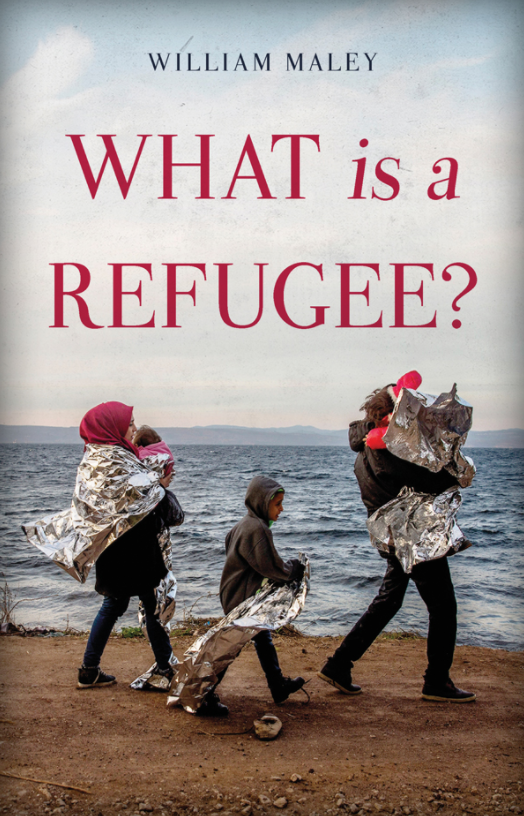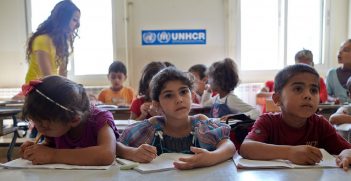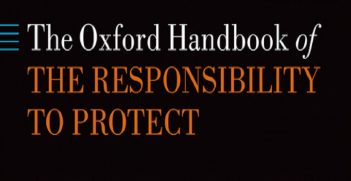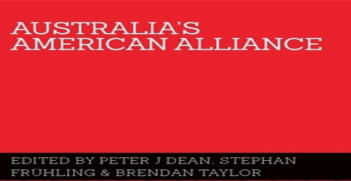Reading Room: What is a Refugee?

Professor William Maley’s book, What is a Refugee? seeks to contribute to the knowledge of the general reader about the complexity of refugee issues. It is a timely and valuable contribution given the context of the ongoing Syrian refugee crisis, other even more protracted refugee situations and preparations at the United Nations for two major conferences in 2018 which, it is hoped, will deliver meaningful agreements to tackle issues of migration and refugees.
Maley’s areas of expertise—political science, diplomacy, Afghanistan and (although he rarely portrays himself as a member of the profession) law—are ideally suited to the task of explaining why refugee flows occur, which so-called solutions are illusory and which might actually work. After retelling some important individual stories of refugees—giving faces and voices to the huddled masses—he deftly guides the reader through the legal and other definitions of a refugee, a brief history of exile and refuge, and the role of particular ideologies, the state system and the forces of globalisation in creating refugee flows. Following this, he turns to consider responses or solutions, including diplomacy, military intervention and, finally, migration itself.
Maley cogently explains why diplomacy frequently fails. He describes the tendency of states, particularly well-resourced states with strong border controls, to free-ride on the efforts of the generally less well-resourced countries close to the source of refugee flows that shoulder the lion’s share of responsibility for refugees. He then illustrates how free-riding meshes with the short-term domestic electoral goals of politicians. He also notes the dangers of short-term free-riding. States invest significant resources in the containment of refugees, which may ultimately result in the radicalisation of refugees who are warehoused (in camps, for instance) instead of being offered a durable solution. A durable solution involves integration into a community, whether through integration in the host society, resettlement in a third state or eventual return, when conditions permit, to the country of origin.
Maley also convincingly argues against military intervention as a panacea. He recalls that the modern idea of responsibility to protect is limited to crimes of atrocity, such as genocide, which are frequently, but by no means always, the reason for refugee flows. He recounts that R2P has suffered a body blow through overreach in Libya, as Britain and France pursued not just protection but regime change. This, he argues, is shown in the reluctance of China and Russia to allow the UN Security Council to authorise meaningful action on Syria. He also describes situations, Iraq among them, in which military intervention has worsened the situation, resulting in more refugees.
In his conclusion, Maley effectively argues for migration as a solution to refugees’ problems and for states. In order to open up possibilities such as labour migration schemes for refugees, it is important, he writes, to reconceptualise refugee situations as an opportunity to do good instead of viewing them to be a threat, and to reap rewards as refugees contribute to their host societies. One can only hope that the international community makes some progress towards these goals in 2018.
William Maley, What is a Refugee? Melbourne and London: Scribe, 2016
Professor Penelope Mathew is Dean and Head of Griffith Law School. Her most recent book, co-authored with Tristan Harley, is ‘Refugees, Regionalism and Responsibility’ (Elgar, 2016).





